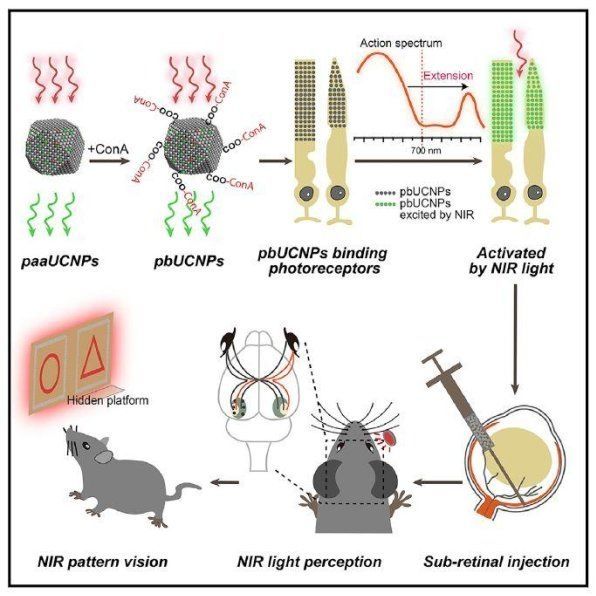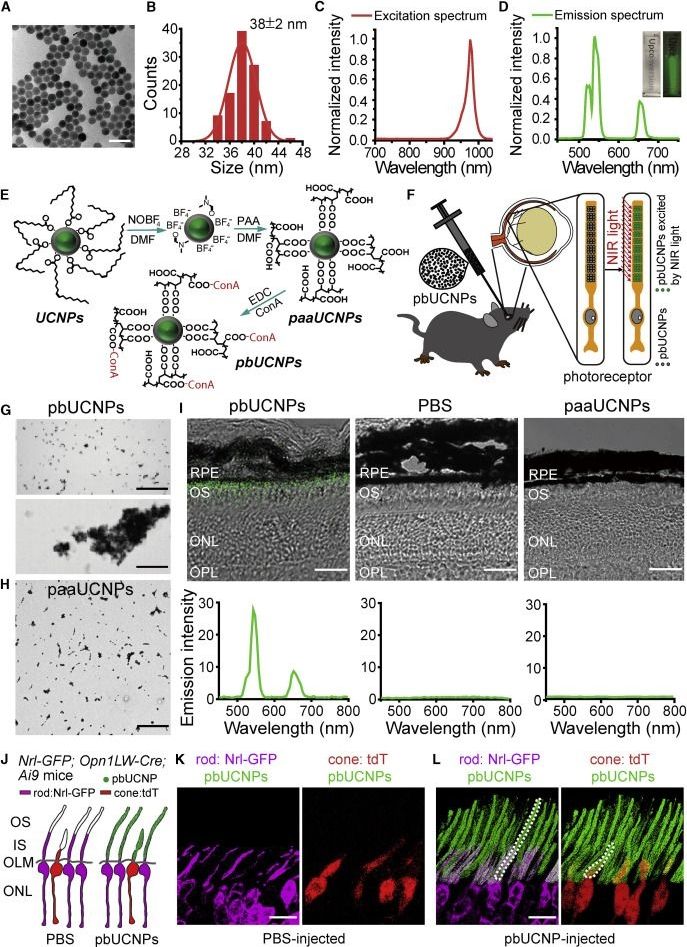Page 8151
Feb 28, 2019
Researchers develop a fleet of 16 miniature cars for cooperative driving experiments
Posted by Quinn Sena in categories: information science, robotics/AI, transportation

A team of researchers at The University of Cambridge has recently introduced a unique experimental testbed that could be used for experiments in cooperative driving. This testbed, presented in a paper pre-published on arXiv, consists of 16 miniature Ackermann-steering vehicles called Cambridge Minicars.
“Using true-scale facilities for vehicle testbeds is expensive and requires a vast amount of space,” Amanda Prorok. “Our main objective was to build a low-cost, multi-vehicle experimental setup that is easy to maintain and that is easy to use to prototype new autonomous driving algorithms. In particular, we were interested in testing and tangibly demonstrating the benefits of cooperative driving on multi-lane road topographies.”
Feb 28, 2019
Progress Towards Using Quantum Computers for Solving Quantum Chemistry and Machine Learning
Posted by Quinn Sena in categories: chemistry, information science, quantum physics, robotics/AI
IonQ used its trapped-ion computer and a scalable co-design framework for solving chemistry problems. They applied it to compute the ground-state energy of the water molecule. The robust operation of the trapped ion quantum computer yields energy estimates with errors approaching the chemical accuracy, which is the target threshold necessary for predicting the rates of chemical reaction dynamics.
Quantum chemistry is a promising application where quantum computing might overcome the limitations of known classical algorithms, hampered by an exponential scaling of computational resource requirements. One of the most challenging tasks in quantum chemistry is to determine molecular energies to within chemical accuracy.
At the end of 2018, IonQ announced that they had loaded 79 operating qubits into their trapped ion system and had loaded 160 ions for storage in another test. This new research shows that they are making progress applying their system to useful quantum chemistry problems. They are leveraging the trapped-ions system longer stability to process many steps. The new optimization methods developed for this first major quantum chemistry problem can also be used to solve significant optimization and machine learning problems.
Feb 28, 2019
Researchers move closer to practical photonic quantum computing
Posted by Quinn Sena in categories: biotech/medical, computing, quantum physics
For the first time, researchers have demonstrated a way to map and measure large-scale photonic quantum correlation with single-photon sensitivity. The ability to measure thousands of instances of quantum correlation is critical for making photon-based quantum computing practical.
In Optica, The Optica l Society’s journal for high impact research, a multi-institutional group of researchers reports the new measurement technique, which is called correlation on spatially-mapped photon-level image (COSPLI). They also developed a way to detect signals from single photons and their correlations in tens of millions of images.
“COSPLI has the potential to become a versatile solution for performing quantum particle measurements in large-scale photonic quantum computers,” said the research team leader Xian-Min Jin, from Shanghai Jiao Tong University, China. “This unique approach would also be useful for quantum simulation, quantum communication, quantum sensing and single-photon biomedical imaging.”
Researchers at The University of Manchester in the UK have discovered that the Hall effect—a phenomenon well known for more than a century—is no longer as universal as it was thought to be.
In the research paper published in Science this week, the group led by Prof Sir Andre Geim and Dr. Denis Bandurin found that the Hall effect can even be signifcantly, if electrons strongly interact with each other giving rise to a viscous flow. The new phenomenon is important at room temperature—something that can have important implications for when making electronic or optoelectronic devices.
Just like molecules in gases and liquids, electrons in solids frequently collide with each other and can thus behave like viscous fluids too. Such electron fluids are ideal to find new behaviours of materials in which electron-electron interactions are particularly strong. The problem is that most materials are rarely pure enough to allow electrons to enter the viscous regime. This is because they contain many impurities off which electrons can scatter before they have time to interact with each other and organise a viscous flow.
Feb 28, 2019
Hybrid material may outperform graphene in several applications
Posted by Caycee Dee Neely in categories: computing, materials
“A structure comprising a molybdenum disulfide monolayer on an azobenzene substrate could be used to build a highly compactable and malleable quasi-two-dimensional transistor powered by light.”
Journal Publication: https://journals.aps.org/…/abstr…/10.1103/PhysRevB.98.
Feb 28, 2019
Nanotechnology makes it possible for mice to see in infrared
Posted by Caycee Dee Neely in category: nanotechnology
My superpowers are coming.
“Mice with vision enhanced by nanotechnology were able to see infrared light as well as visible light, reports a new study. A single injection of nanoparticles in the mice’s eyes bestowed infrared vision for up to 10 weeks with minimal side effects, allowing them to see infrared light even during the day and with enough specificity to distinguish between different shapes. ”.
Feb 28, 2019
Poll: Two Thirds of Americans Support Human Gene Editing to Cure Disease
Posted by Paul Battista in categories: bioengineering, biotech/medical, government, health
Questions about using technologies like CRISPR to gene edit human embryos gained immediacy last month, when Chinese scientists claimed to have edited the genes of two babies in order to protect them against HIV — a move that prompted an international outcry, but also questions about when the technology will be ready for human testing.
“People appear to realize there’s a major question of how we should oversee and monitor use of this technology if and when it becomes available,” Columbia University bioethicist Robert Klitzman told the AP of the new research. “What is safe enough? And who will determine that? The government? Or clinicians who say, ‘Look, we did it in Country X a few times and it seems to be effective.
READ MORE: Poll: Edit baby genes for health, not smarts [Associated Press].
Continue reading “Poll: Two Thirds of Americans Support Human Gene Editing to Cure Disease” »
Feb 28, 2019
Mammalian Near-Infrared Image Vision through Injectable and Self-Powered Retinal Nanoantennae
Posted by James Christian Smith in categories: encryption, energy, military, nanotechnology
Mice with vision enhanced by nanotechnology were able to see infrared light as well as visible light, reports a study published February 28 in the journal Cell. A single injection of nanoparticles in the mice’s eyes bestowed infrared vision for up to 10 weeks with minimal side effects, allowing them to see infrared light even during the day and with enough specificity to distinguish between different shapes. These findings could lead to advancements in human infrared vision technologies, including potential applications in civilian encryption, security, and military operations.
Injectable photoreceptor-binding nanoparticles with the ability to convert photons from low-energy to high-energy forms allow mice to develop infrared vision without compromising their normal vision and associated behavioral responses.
Feb 28, 2019
Boeing Reveals Autonomous Jet Aircraft For Combat Use
Posted by Gerard Bain in categories: robotics/AI, transportation
Boeing has revealed its latest aircraft, an autonomous jet aircraft capable of flying combat missions, as well as other roles.
















